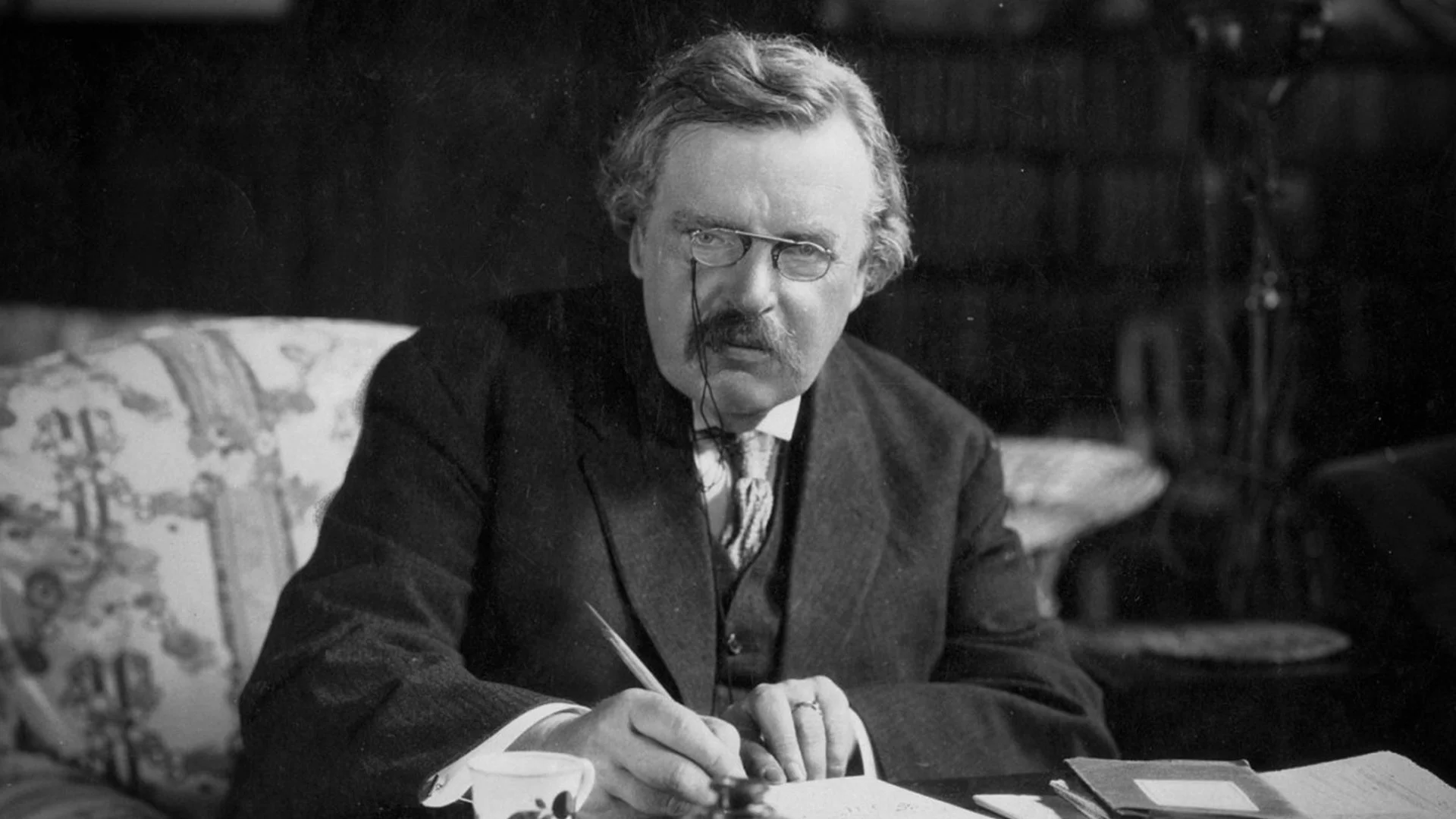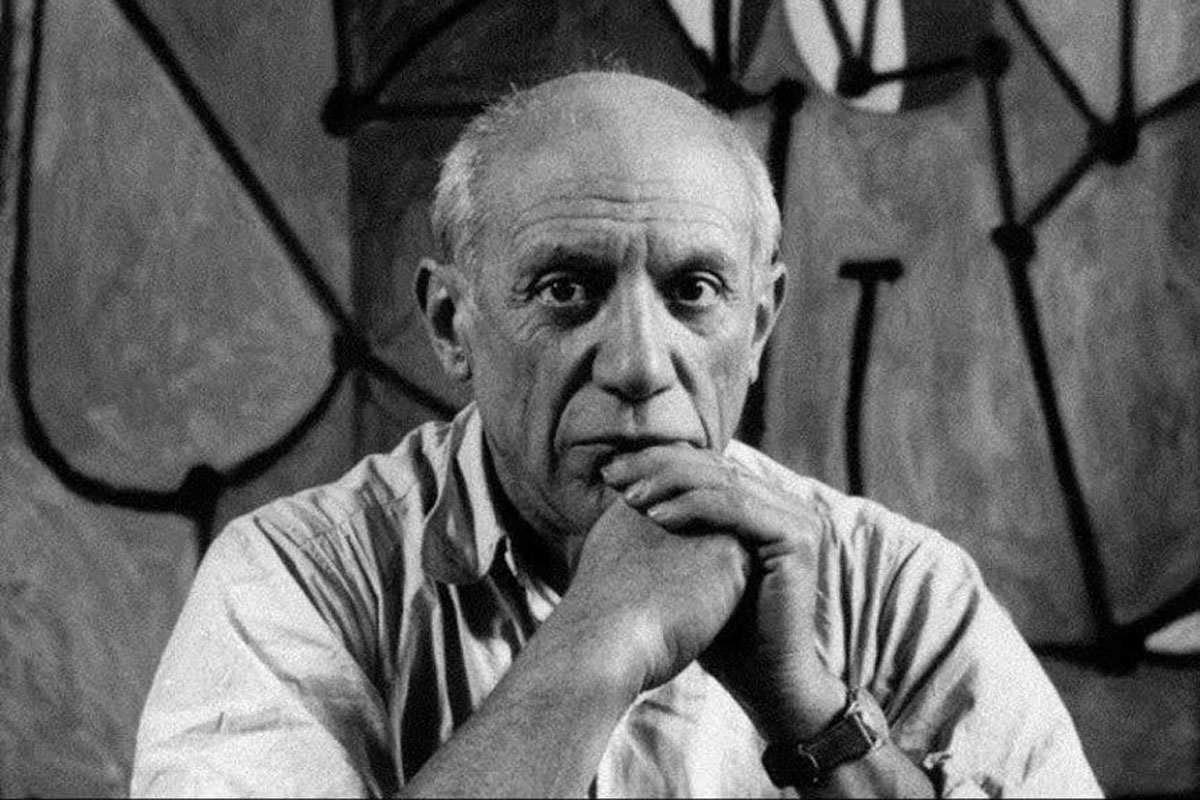This series of articles seeks to examine the character attributes of highly successful leaders, regardless of their adherence to a strong faith or moral standard. In presenting these thoughts, Leadership Ministries is not agreeing with or advocating these traits or practices, but rather presents these as ideas for discussion and development in your own leadership journey.
Dwight D. Eisenhower (1890 – 1969) was a military officer, statesman and 34th President of the United States from 1954-1961. During World War II he was the Supreme Commander of the Allied Forces in Europe and achieved the five-star rank of General of the Army. He planned and carried out the Allied assault at Normandy, France, under the code name Operation Overlord, and later the liberation of Western Europe and invasion of Germany. Following the war, Eisenhower served as the first Chairman of the Joint Chiefs of Staff in Washington, and then as the Supreme Commander of NATO forces in Europe.[1]
In 1952, Eisenhower parlayed his popularity as a well-known and trusted military leader into politics, beginning his campaign and then going on to win Presidential election (and reelection four years later) in a landslide. His slogan “I like Ike” was irresistible. His primary policies were to prevent the spread of communism and reduce federal deficits. He led during the early years of the Cold War, and built up America’s nuclear arsenal even as he prosecuted a conventional war in Korea.
Eisenhower led his troops with humility, preferring a pat on the back to medals and considering himself “just another one of the GI’s”.
Eisenhower boosted morale not with inspirational speeches, but with simple, honest, straightforward conversations. Instead of handing out trophies, he gave his soldiers encouraging pats on the back. It was a humble, direct way of reaching out, and it made him a favorite of the troops. Eisenhower made it his business to be a positive, cheery, and upbeat. He knew optimism, like pessimism, was contagious. By remaining positive and trying to “reflect the cheerful certainty of victory” he believed he could boost individual and company morale.
Don’t take yourself too seriously. Eisenhower was never one for setting himself apart. During World War II, Eisenhower took a cruise around the Isle of Capri. On seeing a large villa, he asked and learned that it was to be his quarters. He inquired about the neighboring villa and learned that it would belong to Army Air Force General Carl Spaatz. Eisenhower said, “That’s not my villa and that’s not General Spaatz’s villa! None of these will belong to any general as long as I’m boss around here. This is supposed to be a center—for combat men—not a playground for the brass.”
During the war years, Eisenhower earned his five stars because he proved to be a diligent, effective leader who could think strategically. Eisenhower said, “Always take your job seriously, never yourself.” His first priority was getting the job done, and he knew that humor helped. He said, “A sense of humor is part of the art of leadership, of getting along with people, of getting things done.” Eisenhower believed that leadership didn’t come from barking orders or mandating action. He said, “You do not lead by hitting people over the head. That’s assault, not leadership.” At the core of this sentiment is the idea that leadership isn’t about simply pushing your own ideas. It’s about a conversation that demands respect and listening--from both sides.[2]
Balancer-in-Chief. Eisenhower’s great challenge as President was to project military power around the world in order to hold back the spread of communism, yet not spend so much on military power that it stunted economic prosperity at home. The choice is commonly referred to as “guns or butter”. Eisenhower was amazingly popular. Over the eight years of his presidency, his approval rating averaged 64 percent. No subsequent president has come close to that. Congress took him on at its peril. Eisenhower’s budgets were serious documents, and he was willing to strongly defend them in speeches and frequent news conferences, and by wielding the veto pen if necessary.[3]
He saw bipartisanship as a necessary element of balanced governance. As he noted in a speech: “Our people expect their President and the Congress to find essential agreement on issues of great moment, the wise resolution of which will better shape the future of the Nation.”[4] His administration increased military spending to an unprecedented 10% of GDP, and at the same time achieved a balanced budget nearly every year in office. He pursued the moderate policies of “Modern Republicanism,” pointing out as he left office, “America is today the strongest, most influential, and most productive nation in the world.”[5]
Eisenhower upheld civil rights laws and court decisions, sending Federal troops to quell protests in Little Rock, Arkansas.
Uphold equal rights. In 1954, the Supreme Court ruled that “separate but equal” laws for blacks and whites were unconstitutional. As desegregation of schools began, Eisenhower sent troops into Little Rock, Arkansas, to assure compliance with the orders of the Court. He also ordered the complete desegregation of the Armed Forces. “There must be no second class citizens in this country,” he wrote. Eisenhower signed the Civil Rights Act of 1957, the first new civil rights legislation since reconstruction from the Civil War. It established a federal Civil Rights Commission with authority to investigate discriminatory conditions and recommend corrective measures.
At the same time, he realized that the government could not force equality in the minds of each citizen, commenting, “I do not believe we can cure all the evils in men’s hearts by law.” Wanting to maintain peace, Eisenhower went out of his way to praise the great majority of Southerners who “are of good will, united in their efforts to preserve and respect the law.” Ike had a narrow view of civil rights issues. His duty as president was to uphold federal court orders, no more and no less. In typical fashion, he found a middle way through a terribly difficult problem that would bedevil later presidents for many decades.[6]
[1] https://en.wikipedia.org/wiki/Dwight_D._Eisenhower
[2] https://www.inc.com/samuel-bacharach/leadership-without-presumption-lessons-from-eisenhower.html
[3] https://www.taxpolicycenter.org/taxvox/how-eisenhower-and-congressional-democrats-balanced-budget
[4] https://www.thelugarcenter.org/blog-a-nation-in-balance-eisenhowers-farewell-address
[5] https://www.whitehouse.gov/about-the-white-house/presidents/dwight-d-eisenhower/
[6] https://millercenter.org/the-presidency/educational-resources/age-of-eisenhower/struggle-civil-rights


































Frank Winfield Woolworth was an American entrepreneur, and founder of the F. W. Woolworth Company. He pioneered the retail variety stores which featured low-priced merchandise selling for 5 and 10 cents.